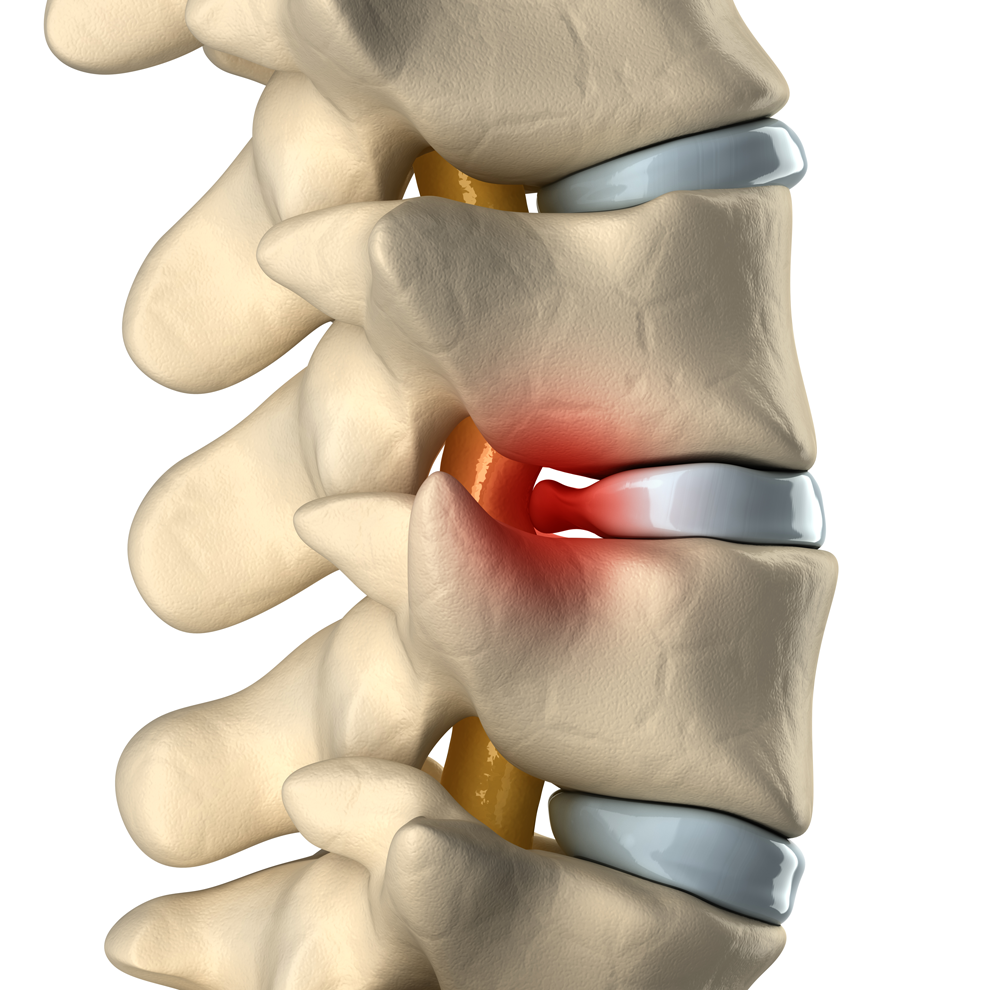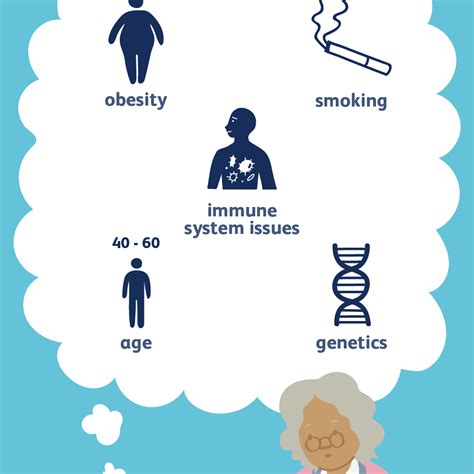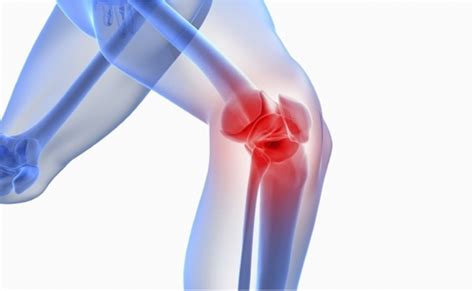If you’ve ever felt a sharp, radiating pain down your leg or numbness in your foot, the cause might surprise you: a herniated disc in your lower back. But what exactly is a herniated disc, and how does it lead to such unexpected symptoms?
A herniated disc, sometimes referred to as a slipped or ruptured disc, happens when the jelly-like center of an intervertebral disc pushes through a tear in its protective outer layer, called the annulus. This movement can exert pressure on the adjacent nerve roots, leading to various discomforts and conditions.

Interestingly, according to Dr. James E. Dowdell III, a spine surgeon at HSS, herniated discs in the lumbar (lower back) region are more likely to manifest symptoms in the buttocks, legs, and feet than the back itself.
This condition can affect anyone, but it’s particularly prevalent among middle-aged individuals. The vertebral discs, which act as cushions between our spinal bones, can sustain damage, leading them to bulge or rupture. This can be a result of wear and tear, injury, or other factors.
Key symptoms of a herniated disc include:
Sciatica, a sharp pain that radiates down the leg.
Tingling, weakness, or numbness in the legs.
In severe cases, cauda equina syndrome, which needs immediate medical attention.
Treatment options vary depending on the severity of the herniation and the specific symptoms experienced. Some people find relief through non-surgical methods like physical therapy and medication. Epidural steroid injections are another non-invasive treatment that introduces corticosteroids into the epidural space to reduce inflammation. These injections are beneficial for pain caused not just by herniated discs, but also conditions like lumbar or cervical radiculopathy, spinal stenosis, and sciatica.
In conclusion, it’s crucial to recognize the signs of a herniated disc and seek appropriate medical care. Doing so can prevent further complications and help restore mobility and comfort.


